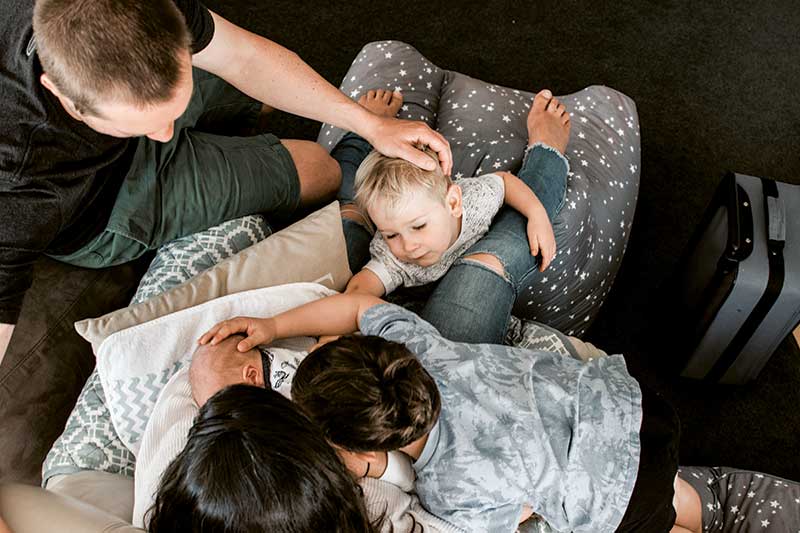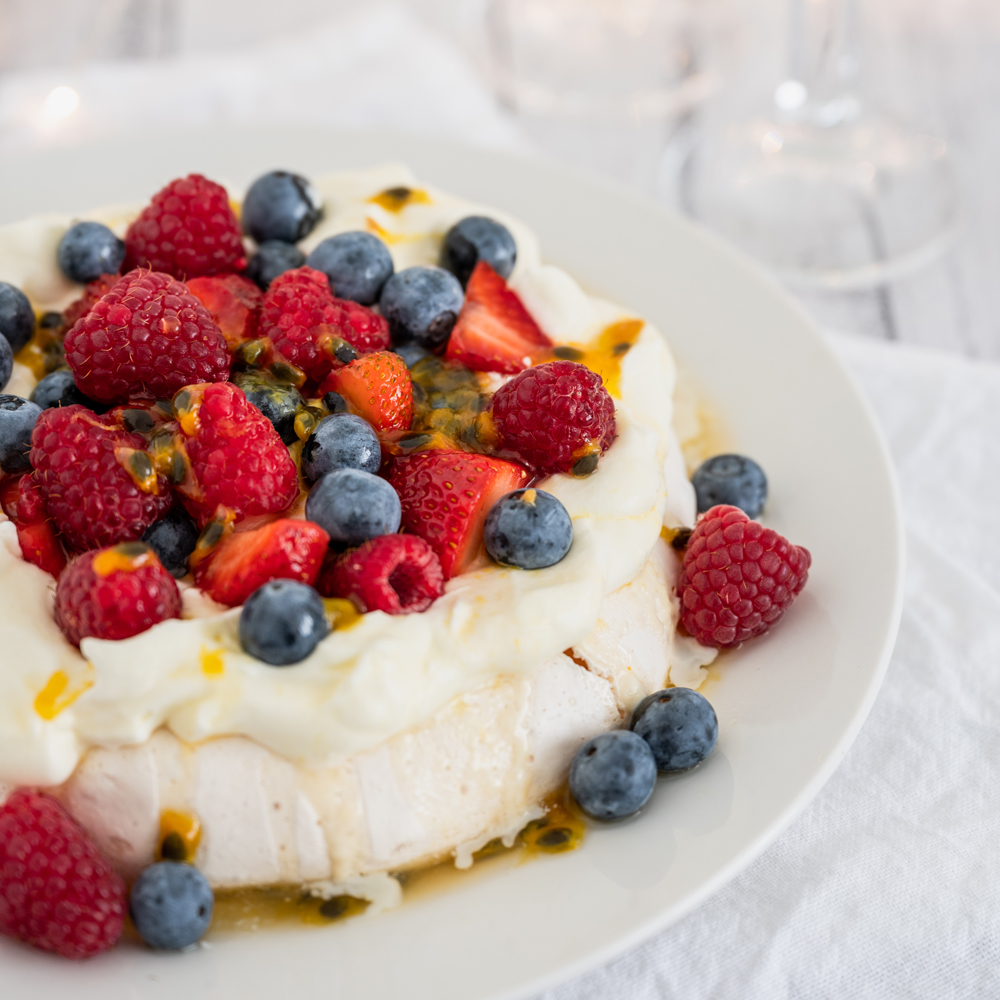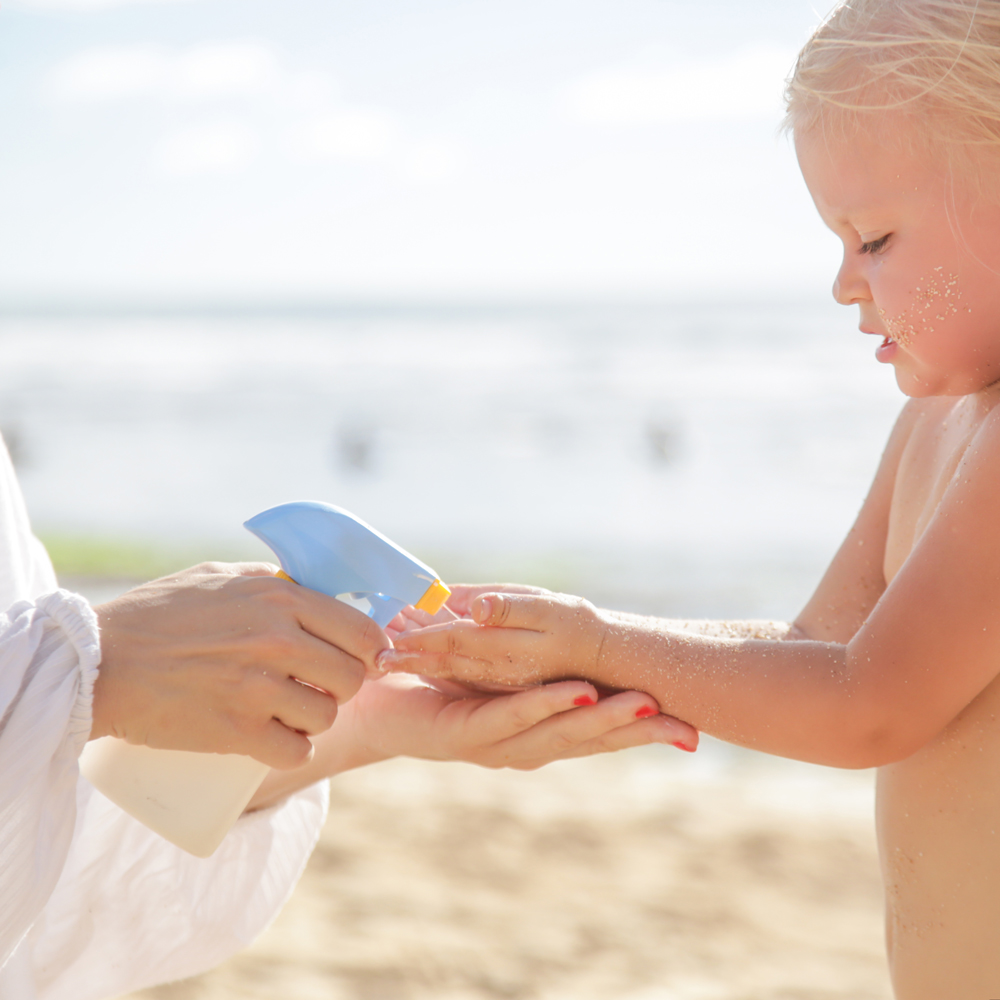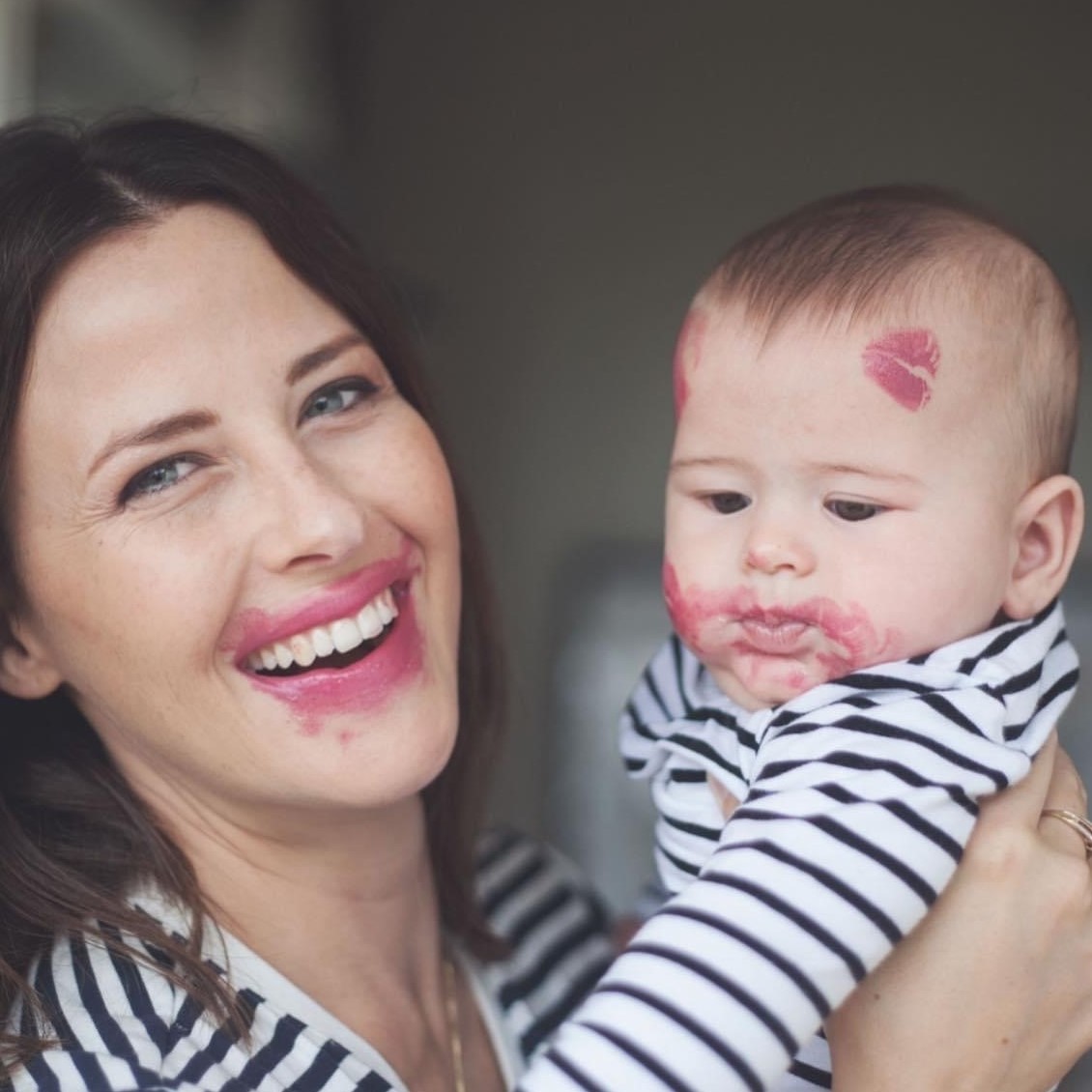Newborn Safety at Home

PĒPI Heath
MĀMĀ Deborah Bowden
PHOTOGRAPHY Ivy Matson @ivy_photographynz
How to keep your newborn safe, healthy and well in the first weeks of their life.
- Always support your baby’s neck and head when holding or handling them.
- Secure your baby in an approved child restraint that is rear facing when travelling in the car. Your pēpi should only be in their car seat or capsule when in the car.
- Change your baby on the floor.
- If you are changing your baby on a changing table, keep one hand on them at all times.
- Check that all of the smoke detectors in your whare (home) are working.
- Install a fireguard.
- Keep a fire extinguisher in your whare (home).
- Avoid holding hot drinks over your baby or when holding them.
- Minimise sun exposure and keep your baby out of direct sun, especially between 11am-3pm when the sun is strongest.
- Ensure you have a well-stocked first aid kit.
- Consider taking an infant first aid course to learn about newborn safety.
- Check the temperature of the water is suitable before bathing your baby and put cold water in first – the ideal temperature is around 37°C. You can test it by placing your wrist or elbow in the water to see if it is warm (not too hot or too cold) to the touch. See How to Bath Your Baby for more advice.
- Never leave your baby alone in the bathtub or with another child as this puts them at risk of drowning.
- Do not leave your baby alone with a pet.
- Make sure your whare (home) and waka (car) are smokefree.
- Your child should always be looked after by a safe and appropriate carer who is alert to their needs, free from alcohol, and not under the influence of illegal drugs.
- Follow safe sleep guidelines to reduce the risk of SUDI.
- Breastfeeding is the perfect food for your baby. You should breastfeed your baby on demand, as often as they want or need to during the day or night.
- Ensure your baby receives their immunisations on time. Their immunisations start at six weeks. See Immunisation Schedule for Children in New Zealand for the schedule of vaccinations your baby will need.
- Keep a list of emergency telephone numbers on the fridge, just in case.
- If you think your baby is sick or in pain, call Healthline on 0800 358 5453 or take them to a doctor straight away. See Baby and Child Danger Signs for warning signs that you need to call 111.



